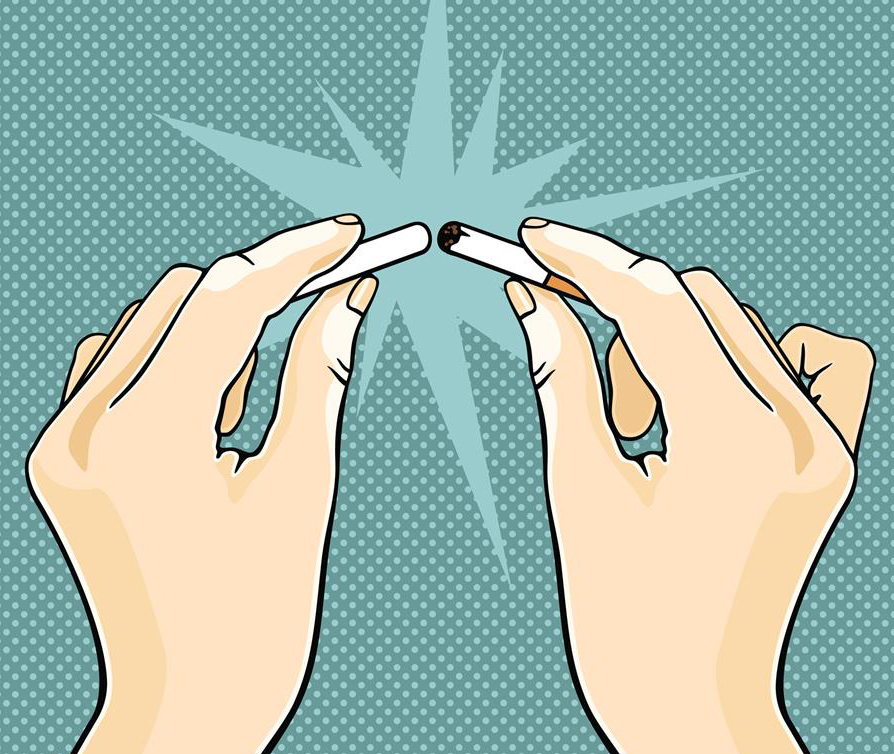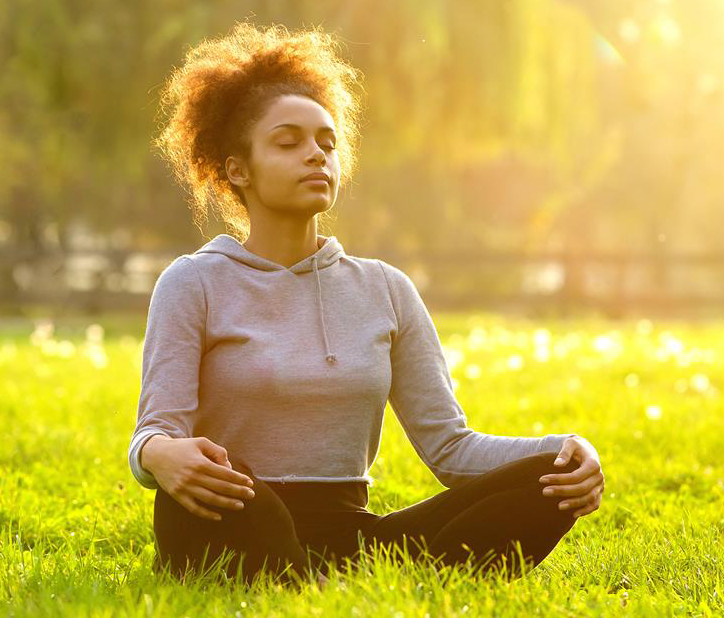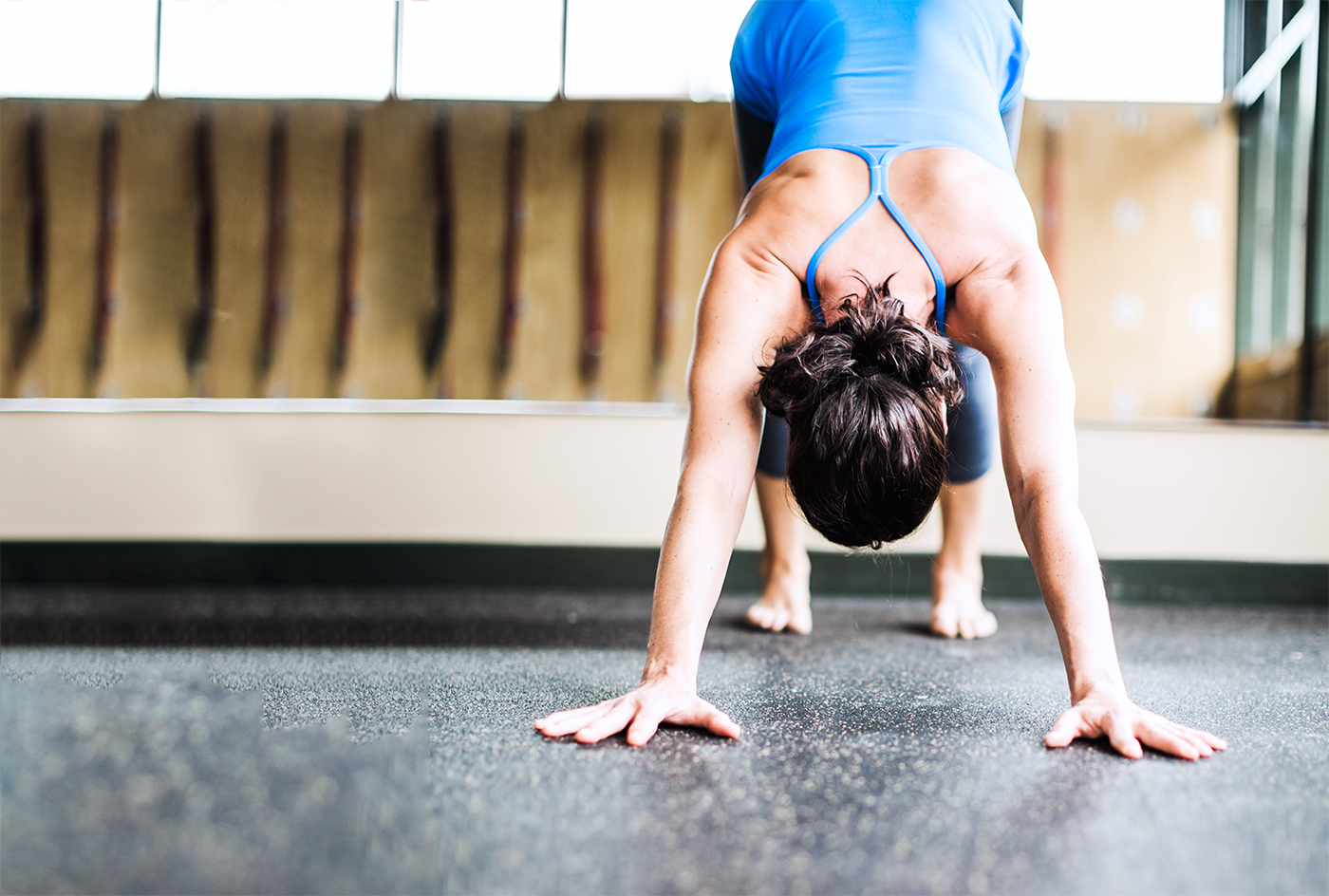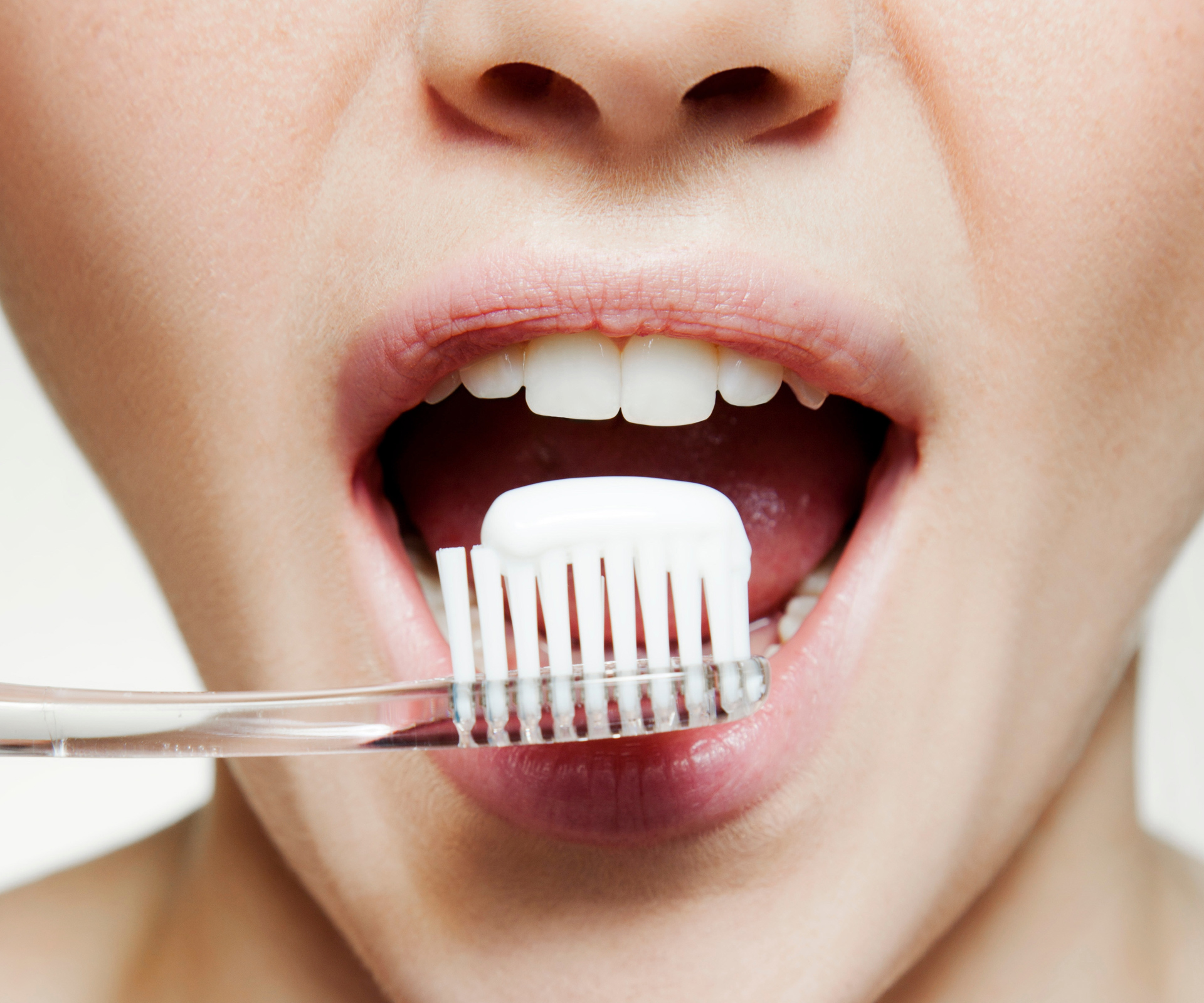There are some bad habits that can really undermine our immunity.
We don’t always take the best care of ourselves – skipping out on sleep, indulging in junk food, letting stress get the better of us.
But over time, all of this can weaken our body’s immune response as it goes into overdrive to save us from self-inflicted damage.
Healthy living is the best way to enhance your immune system. So if you’re aware that your lifestyle could do with some tweaking (and let’s face it, that’s most of us), that’s a good place to start to keep your immune system firing on all cylinders.
Make sure you’re getting enough sleep
Getting plenty of quality sleep – that’s seven to nine hours every night for most people – is vital as sleep deprivation can impact immunity, with studies showing that a lack of sleep leaves you more vulnerable to viruses and slower to recover when you’re fighting off an infection.
Sleep deprivation can also increase your risk of obesity, diabetes, heart disease and high blood pressure.
Quit smoking

Smoking harms pretty much every organ in the body.
Cigarette smoke contains high levels of tar and other chemicals, which make your immune system less effective.
When you smoke, the number of white blood cells (the cells that defend your body from infections) remains elevated. This is a sign that your body is under stress – constantly fighting against the inflammation and damage caused by tobacco.
The minute you quit smoking, your body starts healing and rebuilding its defences.
Lighting up and puffing away on cigarettes and other tobacco products damages the blood vessels and decreases blood circulation.
Wounds heal more slowly, and smokers tend to get sick more often than those who stay clear of smoke. Smoking also harms some of our body’s natural barriers to infection, especially the tissues of the mouth and throat.
Cut back on alcohol consumption
Drink too much alcohol, and your immune system gets drunk right along with the rest of you.
A session of binge drinking slows down special immune cells called cytokines that usually act as messengers to tell the body when to mount a defence against an infection.
Chronic abuse of alcohol wreaks its own havoc on immunity, putting alcoholics at increased risk of some cancers, bacterial infections such as pneumonia and other diseases.
Avoid the temptation of sweet treats
Sweet treats can affect certain immune cells called neutrophils, reducing their ability to protect your immune system. During cold and flu season this may be enough time for you to be infected.
Neutrophils go right to the source of infection to gobble up pathogens but with sugar in your system these immune cells quickly lose their power – and might not get back to work defending your body for another five hours.
Keep this in mind next time you’re tempted to indulge – especially during cold and flu season.
Try and manage stress through meditation

Studies have shown chronic stress affects the immune system, so it’s important to do what you can to manage it well.
Persistently high levels of the stress hormone cortisol can reduce the body’s immune response.
What to do: You can’t underestimate the power of meditation. Mindfulness meditation is particularly good, with recent studies showing that it can power up immune system activity.
Don’t underestimate the importance of rest
Give your immune system some quiet time to do its work.
Ever wonder why doctors always advise rest, rest, and more rest when you’re sick? It’s because immunity and sleep are linked.
That’s why when you’re sick you tend to rest as your body instinctively encourages sleep to aid recovery.
What to do: If you’ve been having trouble sleeping, visit Health Navigator for tips on how to set the scene for better sleep.
Boost immunity with yoga

Image: Getty Images
Yoga’s ability to lower stress hormones also has a knock-on effect on your immunity.
Inversion poses in particular, such as the downward dog, stimulate your lymphatic system and help move immune cells through your body.
Yoga also stimulates your body’s main systems, from your circulation to your digestion so it’s no wonder studies have linked it with improved immunity.
Sweat out infections
Your risk of catching a cold drops by 50 per cent when you’re fit and if you do get infected your symptoms will be 41 per cent less severe.
How exercise works its magic on the immune system remains unclear but researchers believe sweating may help flush out pathogens through the skin and airways and spikes in body temperature during a workout may act like a fever, which is the body’s way of fighting infection.
What to do: Immunity improves slowly over time so regular workouts are needed for the immune-strengthening effect.
But don’t go overboard because very intense workouts have the opposite effect.
Get a massage
Massage doesn’t only feel good, it can also stimulate changes in the immune system.
Research results showed that study volunteers experienced an increase in blood cells and lymphocytes, which play a role in defending the body from disease.
As a bonus, massage also causes a significant drop in the stress hormone cortisol, which can deplete the immune system when it’s persistently high.
What to do: Book a regular massage into your busy schedule – try for at least once a month, ideally more if your budget can stretch to it.
Find a trained massage therapist with Massage New Zealand.
 Getty Images
Getty Images

